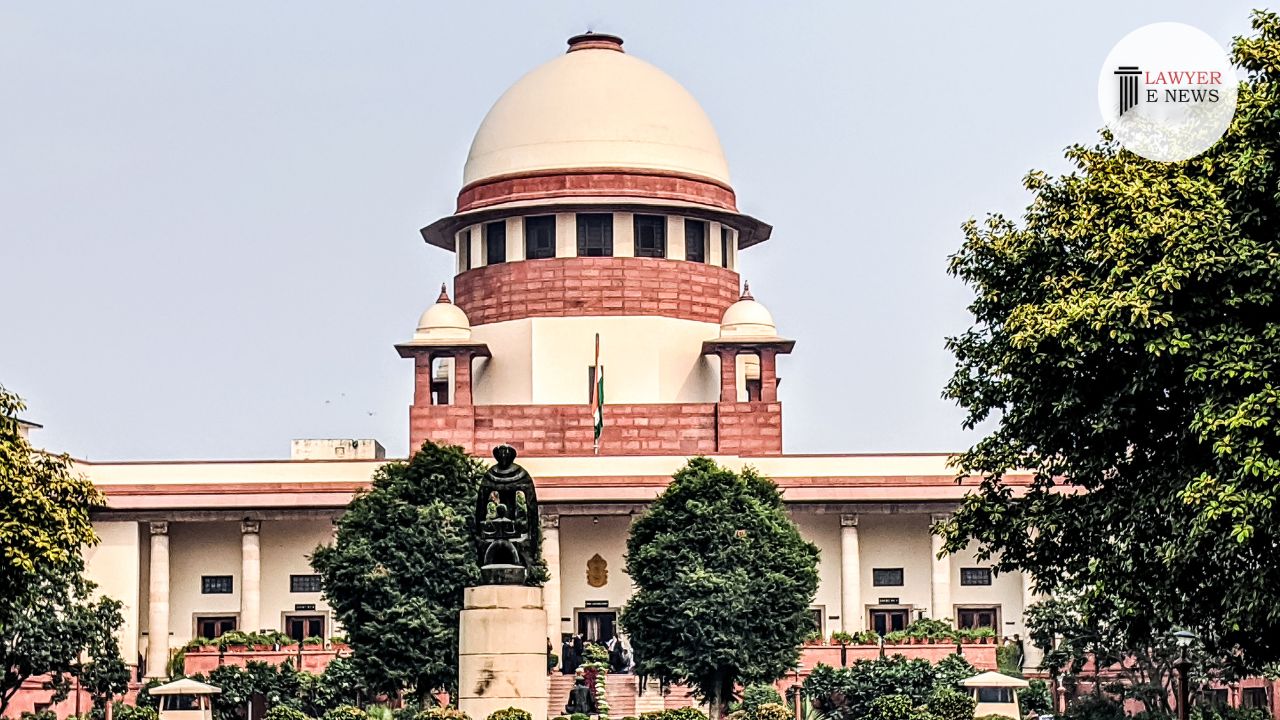-
by sayum
14 February 2026 2:22 PM



In a landmark judgment, the Supreme Court of India has dismissed an appeal challenging the arrest procedures under the Prevention of Money Laundering Act, 2002 (PMLA). The bench, comprising Justices Bela M. Trivedi and Satish Chandra Sharma, upheld the Directorate of Enforcement's (ED) arrest of Ram Kishor Arora, the founder of M/s Supertech Limited, under the PMLA.
The primary legal contention revolved around whether the ED's practice of not providing a copy of the arrest grounds at the time of arrest was in violation of Section 19 of the PMLA and fundamental rights under the Constitution.
In the judgment, Justice Trivedi observed, "The person asserted, if he is informed or made aware orally about the grounds of arrest at the time of his arrest and is furnished a written communication about the grounds of arrest as soon as may be i.e as early as possible and within reasonably convenient and requisite time of twenty-four hours of his arrest, that would be sufficient compliance of not only Section 19 of PMLA but also of Article 22(1) of the Constitution of India."
The Court meticulously reviewed the constitutional validity of Section 19 of the PMLA, emphasizing the mandate of informing the arrestee of the grounds of arrest. This judgment comes as a reinforcement of the legal framework governing arrests under PMLA and clarifies the procedural requirements for law enforcement agencies.
The appellant's argument was centered on the alleged violation of procedural norms during his arrest. However, the Court found that the ED's action of informing the appellant orally about the grounds of arrest and providing a written communication within 24 hours was in compliance with legal requirements.
This decision is significant as it lays down clear guidelines for arrests under the PMLA, balancing the powers of law enforcement agencies with the rights of individuals. The judgment further solidifies the legal jurisprudence surrounding the procedural aspects of arrests in money laundering cases.
The case references important precedents such as Pankaj Bansal vs. Union of India and Vijay Madanlal Choudhary vs. Union of India, highlighting the evolving nature of legal interpretations in the context of PMLA.
Date of Decision: 15 December 2023
RAM KISHOR ARORA VS DIRECTORATE OF ENFORCEMENT
